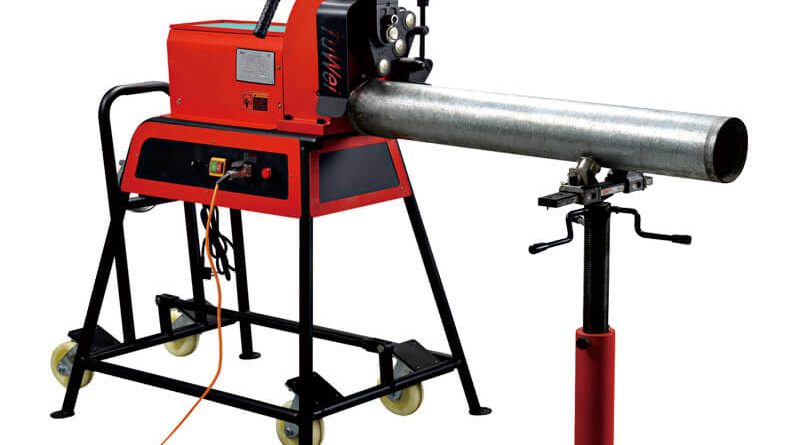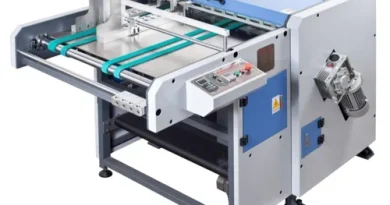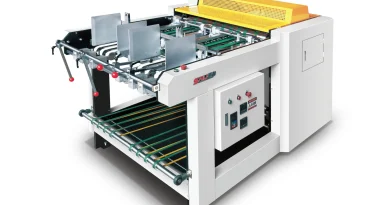Elevating Manufacturing Precision: The Impact of Advanced Grooving Machinery
In the world of manufacturing, precision is not just a goal; it’s a necessity. As industries strive for higher efficiency and quality, the role of advanced grooving machinery has become increasingly significant. These machines, designed to create precise grooves in a variety of materials, embody the fusion of innovation and accuracy. This article highlights the key benefits and technological advancements that have positioned grooving machinery as a cornerstone of modern manufacturing.
Streamlined Operations
Modern grooving machinery integrates state-of-the-art technologies to streamline manufacturing processes. With features like Computer Numerical Control (CNC), these machines offer unparalleled precision, allowing for intricate grooving patterns that meet exact specifications. The automation capabilities of CNC technology also significantly reduce manual labor, leading to a more efficient production line.
Enhanced Versatility
The latest advancements in grooving machinery have expanded their versatility across different materials and applications. Whether it’s metal, plastic, or composite materials, these machines deliver consistent and accurate grooves, making them indispensable in various sectors including automotive, aerospace, and electronics. Their adaptability to different manufacturing scenarios underscores their value in a dynamic industrial landscape.
Improved Product Quality
The precision of modern grooving machinery directly impacts the quality of the final product. Accurate grooves are crucial for the assembly process, affecting the fit and function of components. High-quality grooving ensures that parts meet rigorous standards, enhancing the reliability and durability of the end product.
Cost Efficiency
Investing in advanced grooving machinery may seem significant, but the long-term benefits outweigh the initial costs. By optimizing production processes and minimizing waste, these machines offer substantial cost savings. Moreover, the reduction in manual errors and rework further drives down manufacturing expenses, boosting overall profitability.



